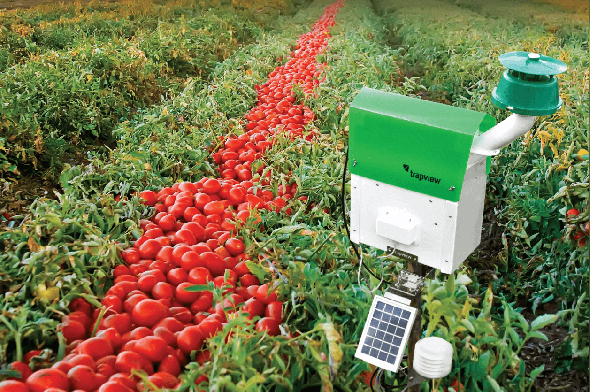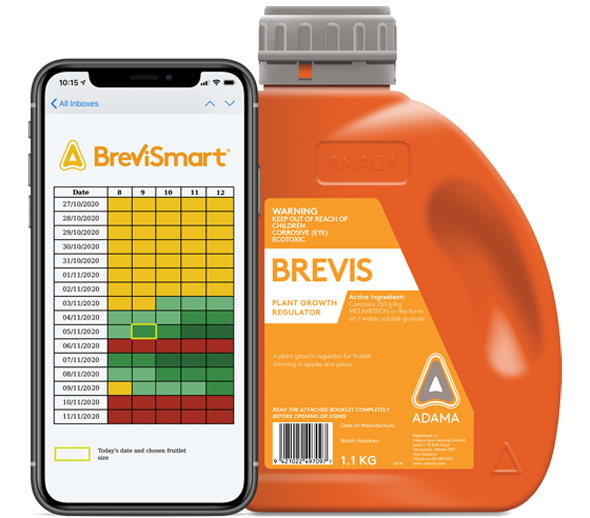
Adama seeks cutting edge Israeli agtech to complement its crop protection products
The chemical giant, together with GrowingIL, is holding a contest to find solutions to help farmers keep afloat and feed the globe despite natural and regulatory hurdles
Ron Friedman | 12:02, 14.01.21
Israel-based crop protection giant Adama Agricultural Solutions Ltd. has launched a competition calling on local agtech enterprises to apply for an opportunity to collaborate with the multinational company on solutions for increasing farmers’ crop yields in environmentally friendly ways. Adama, together with government-backed GrowingIL, a non-profit organization promoting the development of the Israeli agtech market, have embarked on a months-long contest at the end of which the winners will be selected for a proof of concept field test funded by Adama.
“Farmers today face an enormous challenge to produce food for an ever-growing population while coping with a wide range of natural and regulatory obstacles,” explained Sharon Moshe, Adama’s Chief Information and Digital Officer in an interview with CTech. “Climate change has led to a decrease in arable land for crop production as well as water scarcity. In addition, governments have increased regulations on the types and amounts of chemicals they can use to protect their plants from predators and weeds. We need to support the farmers with new services and solutions that can improve efficiency, optimize yields, and reduce costs, in order to secure the global food supply.”
With the ability to develop new pesticides and herbicides constantly being curbed by strict regulations, while an estimated 20%-40% of crops go to waste because of pest and weed damage, Adama believes the solution will come from harnessing technology to make better use of existing materials by developing new ways to efficiently deliver them to the plants.
“When we talk about agtech, we’re talking about things like drones, sensors, robots, satellite imaging, agriculture big data capabilities, and artificial intelligence,” said Moshe. Adama, which is owned by Chem-China, China’s national chemical company and part of the Sygenta Group of agricultural companies, is the seventh-largest crop protection company in the world, active in 100 countries and employing 8,000 people. “In the last five years, we developed together with tech companies more than 20 innovative agtech technologies across more than 30 countries around the world. We use agtech solutions as a complement to our core product.”
Moshe stressed that unlike other major crop protection companies, Adama approaches agtech solutions with a farmer-centric strategy. “We meet with the farmers before we do anything else. We know that farmers have to make multiple agronomic decisions while considering costs, efficiency, and possible environmental risks. We believe that there is no one-size-fits-all solution. It means that we deploy solutions based on different use cases and we do it by joint ventures with multiple tech companies.”
In Israel, it seems that Adama is spoiled for choice, with around 500 agtech startups of various sizes and scales making up a vibrant ecosystem of innovation.

